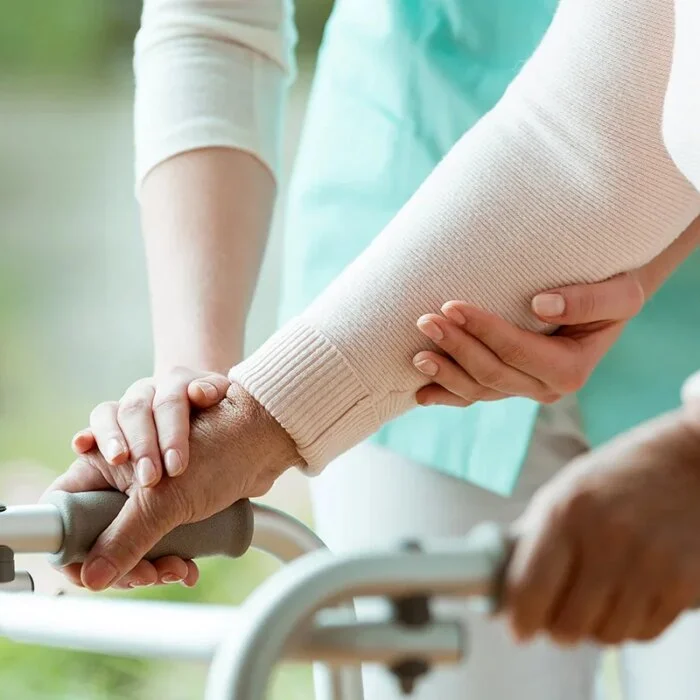Palliative care is available to individuals who are dealing with a serious illness, regardless of age or stage of the disease. This type of care can be obtained through a referral and order from a physician. Some of the most commonly treated conditions include heart disease, cancer, respiratory illness, Alzheimer’s/dementia, renal disease, chronic liver disease, and diabetes. The primary focus of palliative care is to address the most frequent and serious symptoms, such as pain and difficulty breathing, as identified by the World Health Organization.








